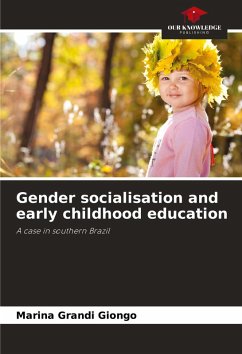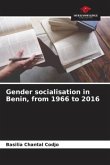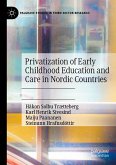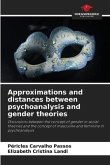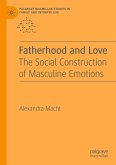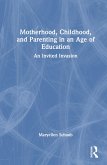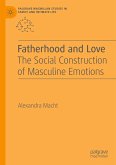The study focuses on the socialisation of girls and boys in early childhood education, assessing the construction and reproduction of gender roles in a school in the interior of Rio Grande do Sul. The approach adopted examines how the teaching staff understands the concept of gender and manages issues related to gender and sexuality in the socialisation of girls and boys (aged 5 to 8). The theoretical-methodological contributions necessary for this investigation consist of reviewing the concepts of gender and childhood from a feminist perspective, thus articulating the knowledge produced within the scope of Gender Studies with the theoretical bases of the Sociology of Education. The use of gender as an analytical category is essential for the study in question, since it allows for a particular reflection on the differentiated practices and discourses applied to the education of girls and boys, nuances that would not be detected without the proper appropriation of this concept. This interpretative framework problematises the socialisation of children from the point of view of the relations of power and domination that run through them, promoting conformity to gender meanings transmitted by bodies such as the family, church and school.
Bitte wählen Sie Ihr Anliegen aus.
Rechnungen
Retourenschein anfordern
Bestellstatus
Storno

